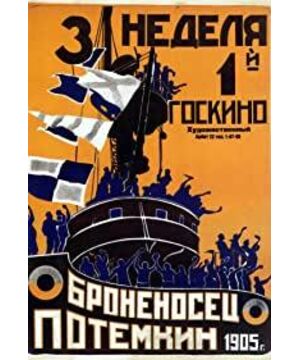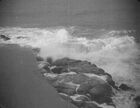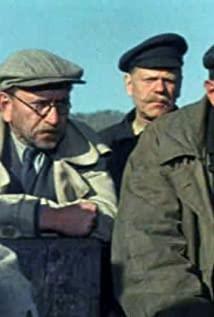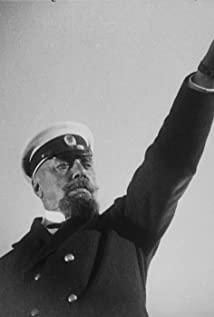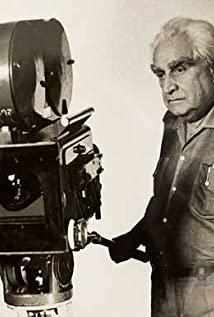One of the wonderful things about the movie art of "Battleship Potemkin" with watching the big screen and live music is editing. The art of editing (montage) was created by Soviet film director S. Eisenstein (1879-1955). Yu scientist Einstein A. Einstein (1893-1948) carried forward. His "Battleship Potemkin" filmed in 1925 is hailed as the pioneering work of editing art in film history.
This year’s Macau Arts Festival showed this movie, and it can be seen on the big screen. I am really surprised that the editing of the movie is worthy of being a classic, because I didn’t imagine that the picture of the movie would be so short. Based on feelings and rough estimates, the whole film may consist of more than 1,000 small clips. Imagine that so many small clips were connected by manual editing in the past, creating a compact plot, huge tension, and surging atmosphere, which cannot be achieved by the great master of the film.
The film describes the uprising of soldiers aboard the Soviet-Russian battleship Potangin in 1905. The soldiers were treated so badly that they were not as good as Japanese prisoners. So they rebelled, suppressed by the powerful armed forces, and even other people also came out to protest. As a result, it happened. The massacre. The content of the film is an eternal theme, which will still happen from time to time today, so the audience can easily resonate. .
Watching this movie in Macau today naturally reminds the audience of the police crackdown on protesting workers last week. It is conceivable that in the past few decades, this film has had a great influence on worker demonstrations around the world, and it has strongly criticized the leader's armed suppression. This movie can become an immortal classic, there is absolutely reason.
The faces and expressions of actors can express the fierce emotions of soldiers resisting unreasonable treatment, but to describe the brutality of the powerful armed forces to suppress the unarmed civilians, it is necessary to use editing skills to show them. The lethal guns, the panicked faces of the masses, and the miserable call signs have constructed a good picture of hell on earth. In 1925, the film has achieved such a highly accomplished editing effect. It is a miraculous achievement, no wonder Eisenstein is so admired in the history of film.
This time I watched the whole work at the Yongle Cinema in Macau. It is rare that there is a live band music. What’s more rare is that this time’s soundtrack may be the best version ever. It was created in 2000. Mark Chaet, one of the two composers, personally took his violin, and his German band Trio Bravo+ (violin, piano, double bass, percussion (4 people in total) stand on the stage and play music in line with the screen.
In this version of the soundtrack, the music rang from beginning to end, and the musicians did not take a moment to rest. It was a bit too much to say, but there was nothing wrong with being on the scene that night. The screen is compact and the drama is powerful, and seeing the musicians put in the performance, I feel that the soundtrack that night is both plot and melodious, and it is completely audio-visual and entertaining.
"Battleship Potemkin" is hailed as a classic in film history. It is not nonsense. Although it was filmed in 1925, the results are always new. There are battleships, all-ship officers and soldiers, and the masses in the film. Due to the large scenes, imagine the production environment of the year, and it is even more difficult to complete the film. It may not be possible to remake the film now, and it may not necessarily be able to surpass it in art. Looking back at the advancement of film technology in recent decades, there is a situation in which this film cannot be copied, which is really amazing. (over)
View more about Battleship Potemkin reviews


